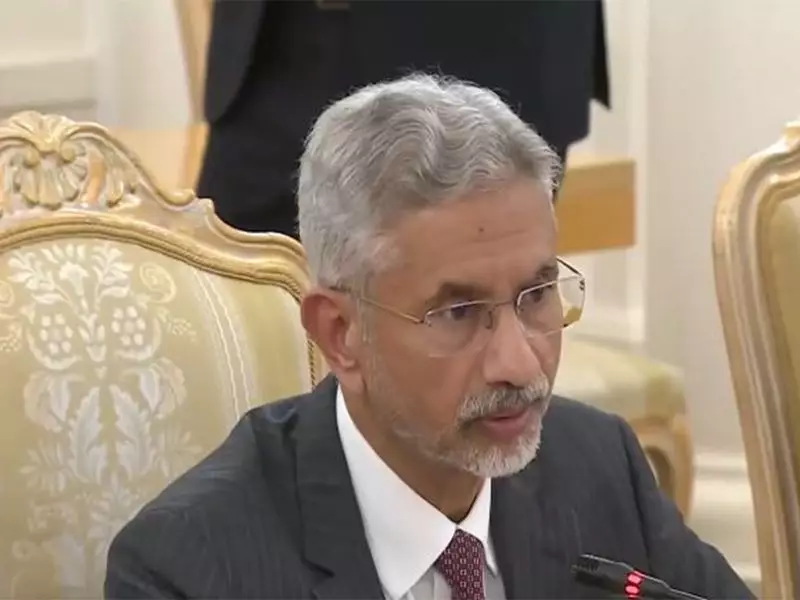
External Affairs Minister S Jaishankar has emphatically described India's relationship with Russia as a significant factor contributing to stability in international relations. During his recent official visit to Moscow, the seasoned diplomat underscored the enduring strength and importance of bilateral ties between the two nations.
Strategic Partnership in Focus
Jaishankar's statements came during high-level meetings with Russian leadership, including President Vladimir Putin and Foreign Minister Sergey Lavrov. The minister highlighted how the long-standing partnership continues to serve mutual interests while simultaneously playing a constructive role in the global landscape.
"In a world experiencing considerable turbulence and transformation, the steady relationship between India and Russia provides much-needed ballast," Jaishankar observed. His comments assume particular significance given the current geopolitical climate and shifting international alliances.
Comprehensive Bilateral Engagement
The discussions between Indian and Russian officials covered extensive ground, reflecting the multifaceted nature of their relationship. Key areas of focus included:
- Energy cooperation and security arrangements
- Trade expansion and economic partnerships
- Defense collaboration and technical exchanges
- Cultural and educational exchanges
- Coordination on international platforms
Both nations acknowledged the substantial progress made in implementing agreements reached during previous summits. The ministerial dialogue served to accelerate several ongoing initiatives while identifying new areas for potential collaboration.
Global Implications and Future Trajectory
Jaishankar's characterization of the relationship as a "factor of stability" carries substantial diplomatic weight. This framing suggests that New Delhi views its Moscow ties as contributing positively to international order rather than merely serving bilateral interests.
The minister's visit occurs at a crucial juncture in global politics, where traditional alliances are being tested and new configurations emerging. India's consistent engagement with Russia demonstrates its commitment to strategic autonomy while maintaining its position as a responsible international actor.
Observers noted that the successful meetings indicate both nations' desire to not only preserve but strengthen their partnership despite external pressures and changing global dynamics. The discussions reportedly addressed contemporary challenges while building on historical friendship.
As Jaishankar concluded his Moscow engagements, the message remained clear: India-Russia relations continue to evolve and adapt, maintaining their relevance in an increasingly complex international environment. The partnership appears poised to address emerging opportunities and challenges with characteristic pragmatism.





